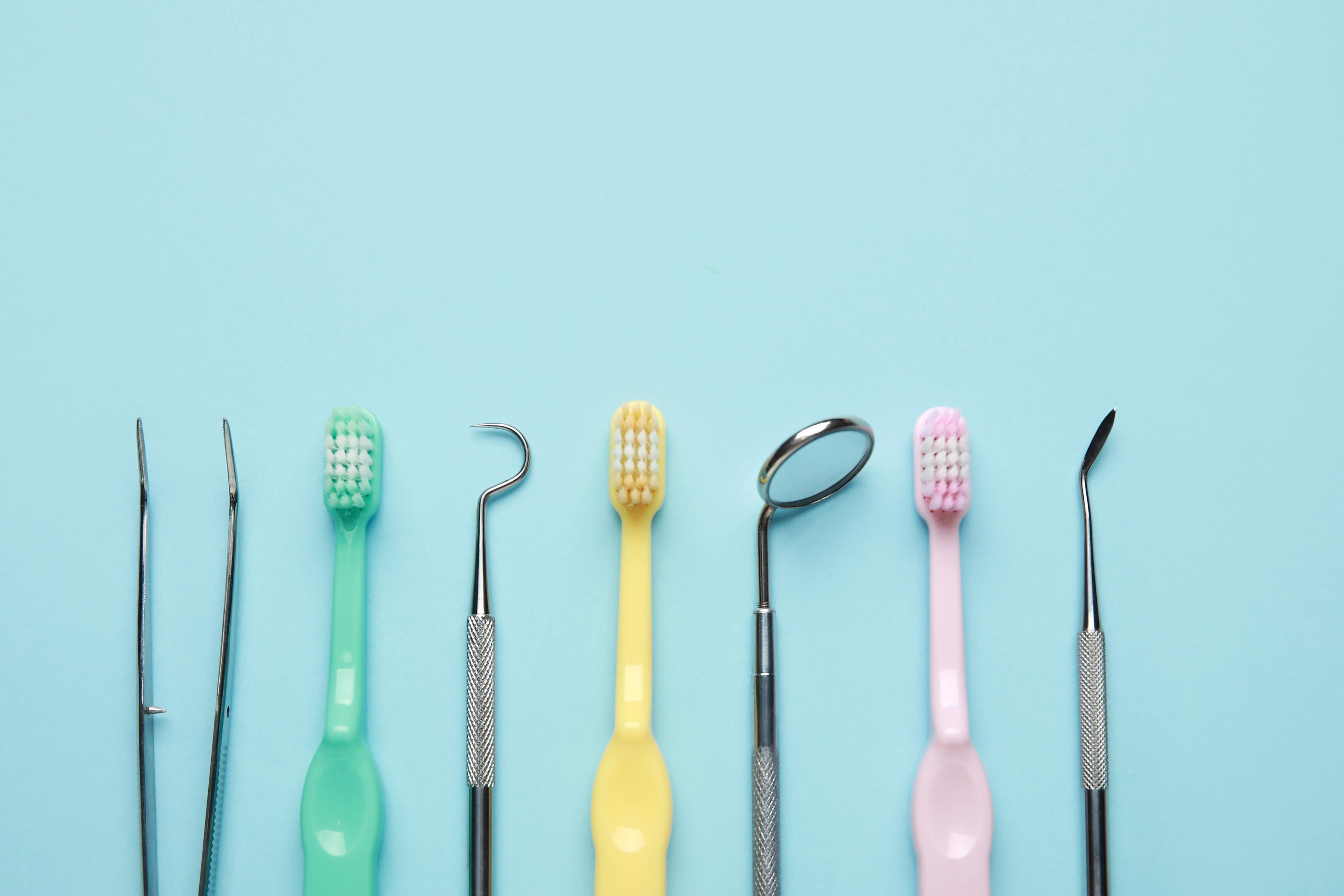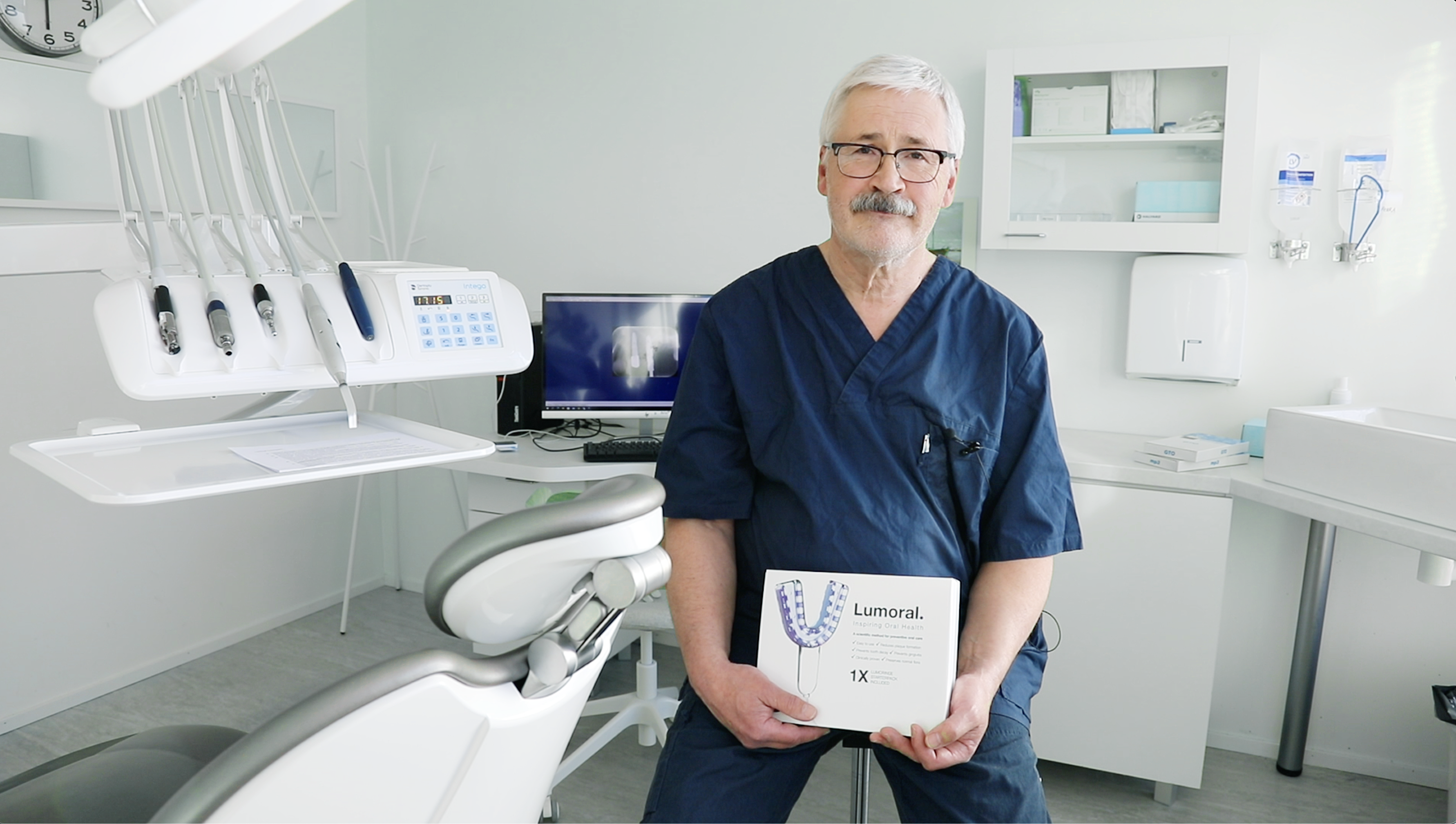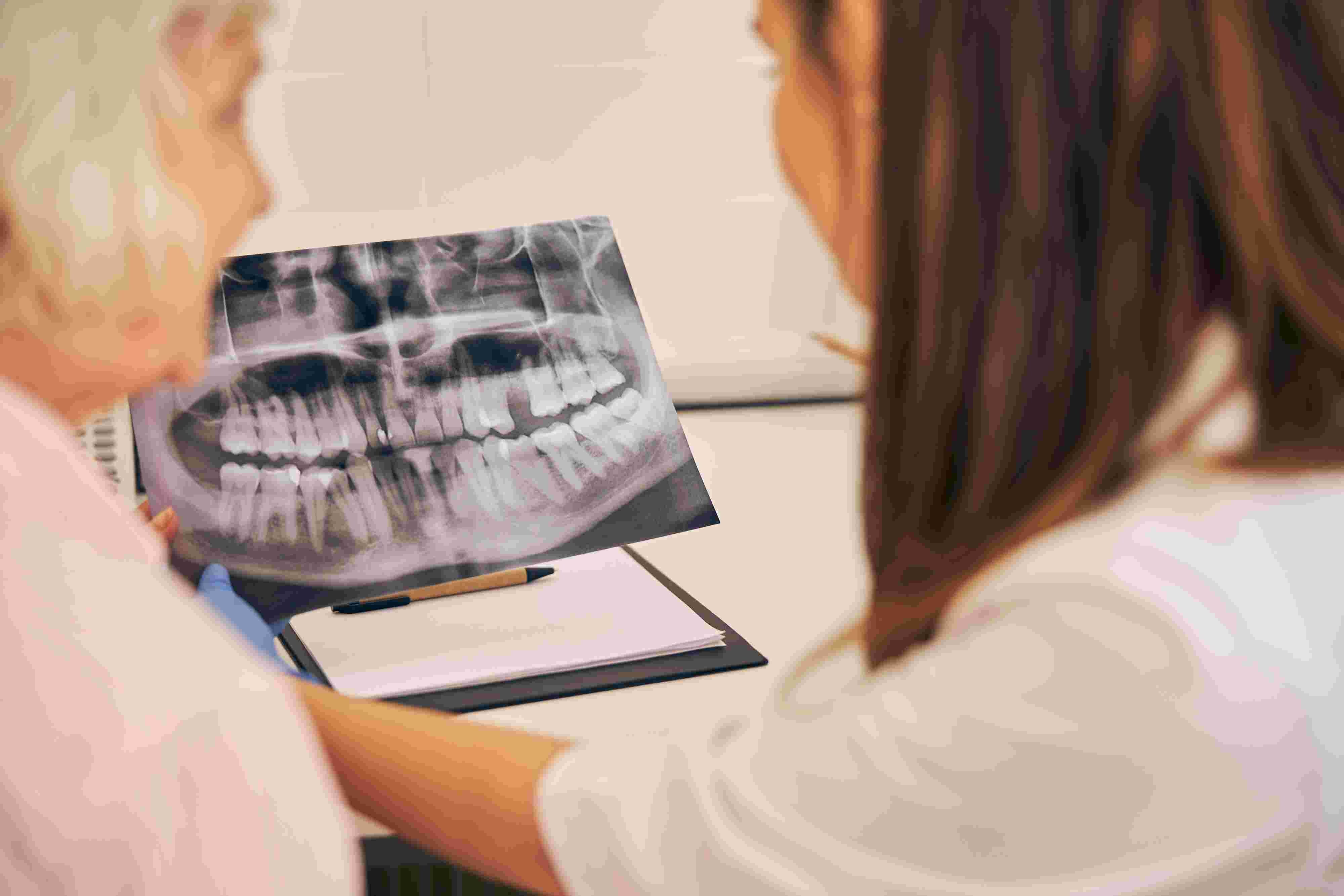- All posts
- 8 Media Venture
- althetics
- aMMP8
- Annimari Korte
- Antibiotic resistance
- Apotek Härtat
- Aqua Dental
- athlete
- Award
- Baltics
- Bonnier
- Bonnier News
- Brain health
- Business
- Cancer
- cardiovascular disease
- caries
- Chemo therapy
- children
- collaboration agreement
- Croatia
- Denmark
- Denta
- Dental erosion
- Dentex
- diabetes
- Dual Light
- Duodecim
- EFP
- EFR
- Estonia
- EuroPerio
- event
- Expodental
- FIBO
- fund raising
- general health
- Gingivitis
- Gum disease
- HAP
- HealthHub Pharma
- HIDES
- Hospital infections
- hospital-acquired pneumonia
- IBD
- Iceland
- IDS COLOGNE
- implantology
- invest
- investment
- italy
- Koite Health
- Latvia
- Lithuania
- lumoral
- Lumoral App
- Lumoral Junior
- Maritime industry
- Media
- MegaGen
- Movie
- News
- Nordic markets
- Nordics
- O
- Olympics
- Oral health
- Oral hygiene
- Oral mucositis
- Patent
- PDT
- peri-implantitis
- Perio Master Clinic
- Periodontitis
- periodontology
- Photodynamic therapy
- Press
- Ranking
- Romania
- Scandinavian Society of Periodontology
- Science
- Seafarer
- Seedtable
- share issue
- Shareissue
- Siblings movie
- Spain
- spots
- Stroke
- Study
- sweden
- Tartar
- techtour
- Thailand
- UK
- United States
- Valentine's Day
- WHO
- World Cancer Day
- World Health Day
- World Heart Day
- world oral health day
- World Smile Day

Protecting your dental implants: The essential role of oral hygiene and advanced therapies
Maintaining good oral hygiene and attending regular dental checkups are vital for the long-term success of dental implants. Implants are susceptible to complications such as peri-implantitis, a con...

17th MegaGen International Symposium Shines the Spotlight on Antibacterial Lumoral Treatment
The 17th MegaGen International Symposium in Rome, Italy, will be held from May 30 to June 1, 2024. Organized by MegaGen, a leading dental implant company, the event gathers dental experts worldwide...

Periodontitis and Diabetes: The Connection Between Two Common Diseases
Periodontitis and diabetes are two prevalent diseases with a strong bidirectional relationship between them. Poorly managed diabetes promotes the progression of periodontitis and complicates its tr...

World Oral Health Day 2024: A Healthy Mouth Supports Brain Health
World Oral Health Day is celebrated annually on March 20th. This year's theme - A Happy Mouth… A Happy Body - emphasizes the connection between a healthy mouth and overall health. Dental and oral ...

A healthy mouth is a prerequisite for successful implant treatment
Finland is a rather conservative country when it comes to dental implant treatments. Unlike in many other European countries, where demand for implants is growing strongly as the population ages, t...

Finland’s Koite Health partners up with a major player in the Italian implant industry
Finnish health technology company Koite Health has signed a distribution accord with Megagen Italia, which markets cutting-edge dental implant systems and advanced surgical devices. As a kickoff to...